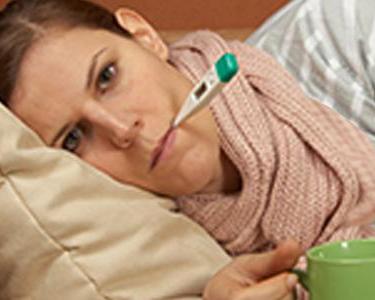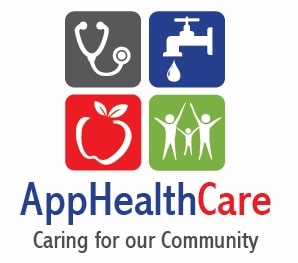
Last Updated on February 20, 2025 10:19 am
Boone, NC February 20, 2025—Flu (influenza) cases are rising in the High Country as flu spreads widely across the state and is expected to peak in the upcoming weeks. The North Carolina Department of Health and Human Services encourages families to take advantage of early testing and antiviral treatments to prevent these infections from becoming severe, especially in children and the elderly. When given early, antiviral medications can help lessen the severity of flu symptoms. These treatments are most effective when initiated shortly after symptoms appear.
“It is vital that our children and loved ones receive timely care, especially during the current flu season,” said Dr. Lisa Kaufmann, Chief Medical Officer at UNC Health Appalachian. “Two children and 171 adults have already died during this flu season in North Carolina from the flu. Besides vaccines, early antiviral treatment can significantly help prevent severe illness.”
Prevention is Key
Beyond vaccines and antiviral treatments, the North Carolina Department of Health and Human Services emphasizes that everyone should take the following simple steps to protect against respiratory viruses like the flu:
- Wash Hands Regularly: Wash your hands frequently with soap and water or use an alcohol-based hand sanitizer to prevent the spread of viruses to others.
- Avoid Touching Face: Keep hands away from your eyes, nose, and mouth to reduce the risk of infection.
- Clean and Disinfect Surfaces: Frequently touched objects and surfaces, such as doorknobs, phones, and countertops, should be cleaned and disinfected regularly.
- Practice Cough Etiquette: Cover coughs and sneezes with a tissue, discard the tissue promptly, and wash your hands immediately afterward.
- Stay Home When Sick: If you or your child are feeling unwell, stay home except to seek medical care or testing. To reduce transmission within the household, follow these guidelines:
- Stay in a separate room away from other family members, if possible.
- Use a separate bathroom if available.
- Avoid contact with others, including pets, and avoid sharing personal items such as towels, cups, and utensils.
- Wear a mask when interacting with others.
“These preventive measures are simple yet highly effective in reducing the spread of respiratory illnesses in our communities,” said Kaufmann. “By working together and following these guidelines, we can help protect the most vulnerable among us.”
Visit unchealthappalachian.org/services/emergency-same-day/ for emergency and same-day appointments. Visit flu.ncdhhs.gov for more information on respiratory viruses, including where to access vaccines, testing, and treatment in your community.


















